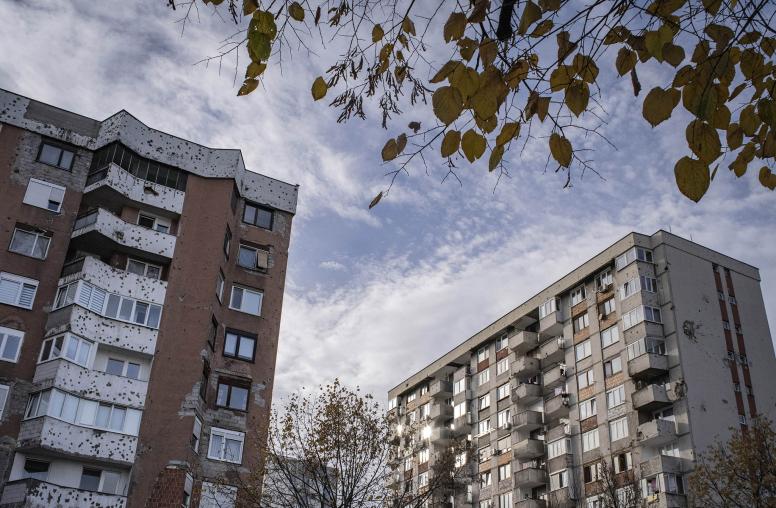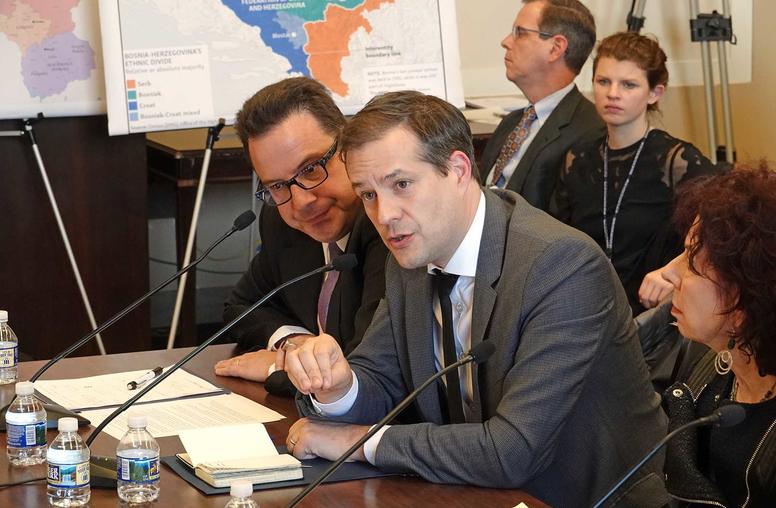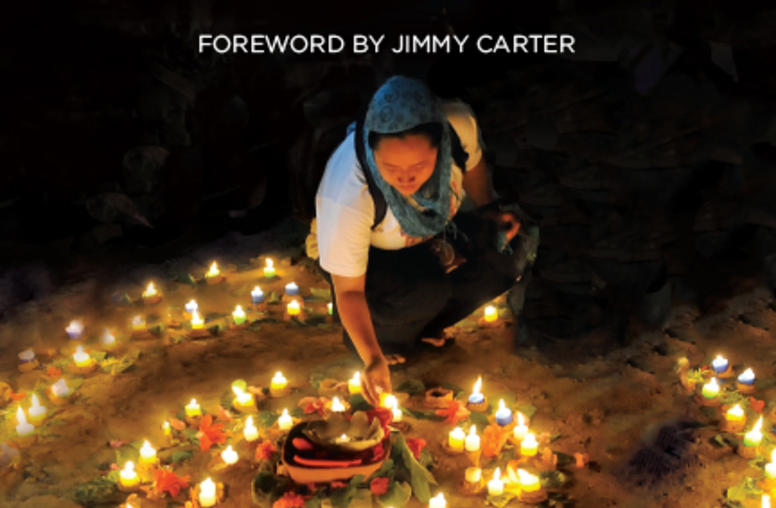U.S. Policy and Bosnia-Herzegovina: An Assessment
This is the final of three papers USIP will publish on Bosnia-Herzegovina, each with a different analytical perspective on what is happening in Bosnia and what needs to be done there to prevent a return to violence. We hope that these papers will generate a debate on options that might be pursued by the U.S. government (USG), Europe and Bosnians. These papers will be discussed at a public forum at the United States Institute of Peace on June 25, 2009.

Introduction
This is the final of three papers (read the first and second papers) USIP will publish on Bosnia-Herzegovina, each with a different analytical perspective on what is happening in Bosnia and what needs to be done there to prevent a return to violence. We hope that these papers will generate a debate on options that might be pursued by the U.S. government (USG), Europe and Bosnians. These papers will be discussed at a public forum at the United States Institute of Peace on June 25, 2009.
The recent visit of Vice President Joe Biden to the Balkans stirred speculation that the U.S. was about to re-exert its leadership in this region. Expectations were high that this would mean a return to an agenda of more vigorous "state building." However, Biden's message to local leaders in Sarajevo fell well short of meeting these expectations as he seemed to reaffirm U.S. support of EU leadership and policies stressing that local leaders must assume full responsibility for building their own state and for solving problems that continue to confront them. Despite this apparent set-back to the ambitions of those who would like to see more forceful U.S. leadership in the Balkans, the debate over what the U.S. should be doing in this region has not diminished and could intensify if the EU or Balkan political actors stumble in their efforts to address the challenges that are before them.
It is plain that some individuals and organizations in the United States and abroad attempting to influence the Obama administration to change the course and priorities of United States' foreign policy toward Bosnia-Herzegovina (BiH) will continue their efforts. Their actions will most likely be adjusted to absorb the disappointment of Biden's message to leaders in BiH, but their agenda remains the same. They would like to see a reengagement of America in a more "robust" manner. We believe on the other hand that their case for reengagement is based on a misrepresentation of the current situation in Bosnia. We also perceive an environment in Washington, DC where honest debate on this subject has been limited by the tendency to organize and facilitate discussions comprised mostly of "like-minded" individuals who aim to create a perception that there is only one approach to assure successful governance and stability specifically in Bosnia - and in the Balkans in general.
Given the global and internal challenges that the U.S. is facing, a proposal that would demand still more effort, resources and attention must be examined carefully. At this time the U.S. is experiencing the most serious economic crisis since 1932. At the same time it is engaged in wars in Iraq and Afghanistan, and is confronting other external threats with a fragile situation in Pakistan, North Korea's latest flexing of its missiles, a Mexican drug war threatening to spill over the border and setbacks to U.S. policies in Israel and Gaza. While facing these urgent issues, it is reasonable to say that the U.S. cannot afford to ignore the rest of the world. But it must address the other challenges in a way consistent with available resources and with the knowledge that any new commitment means additional responsibilities and costs. The room for mistakes has narrowed. A call for greater U.S. involvement in areas peripheral to vital and strategic interests must be examined with greater deliberation than that displayed currently with respect to BiH.
An expanded U.S. involvement combined with an attempt to reassert U.S. leadership in the region, in our opinion, could not only destabilize Bosnia but could also undermine the EU policies that have led to significant progress on core issues. Those policies offer hope for maintaining a stable and unified Bosnia. In addition a fresh American intervention would produce instability throughout the Balkan region. Because of this, we believe that it is necessary to have an open discussion of all options and possible consequences of any changes to U.S. policy concerning Bosnia. Our hope is that this paper will begin this process and that it will show that there are alternative viewpoints on the current situation in Bosnia and on U.S. involvement in the Balkans.
About the Authors
This USIPeace Briefing was written by David Binder, a retired newspaperman who covered the Balkans for over four decades, Dr. Steven Meyer, a professor at The National Defense University and a former CIA analyst, and Obrad Kesic, an analyst of Balkan affairs and Senior Partner with TSM Global Consultants LLC. This paper represents the personal views and opinions of the coauthors and in no way reflects the policy or views of any organization or institution with which they are currently or have been in the past affiliated. The views expressed here are not necessarily those of USIP, which does not advocate specific policies.
The United States Institute of Peace is an independent, nonpartisan institution established and funded by Congress. Its goals are to help prevent and resolve violent international conflicts, promote post-conflict stability and development, and increase conflict management capacity, tools, and intellectual capital worldwide. The Institute does this by empowering others with knowledge, skills, and resources, as well as by directly engaging in peacebuilding efforts around the globe.



